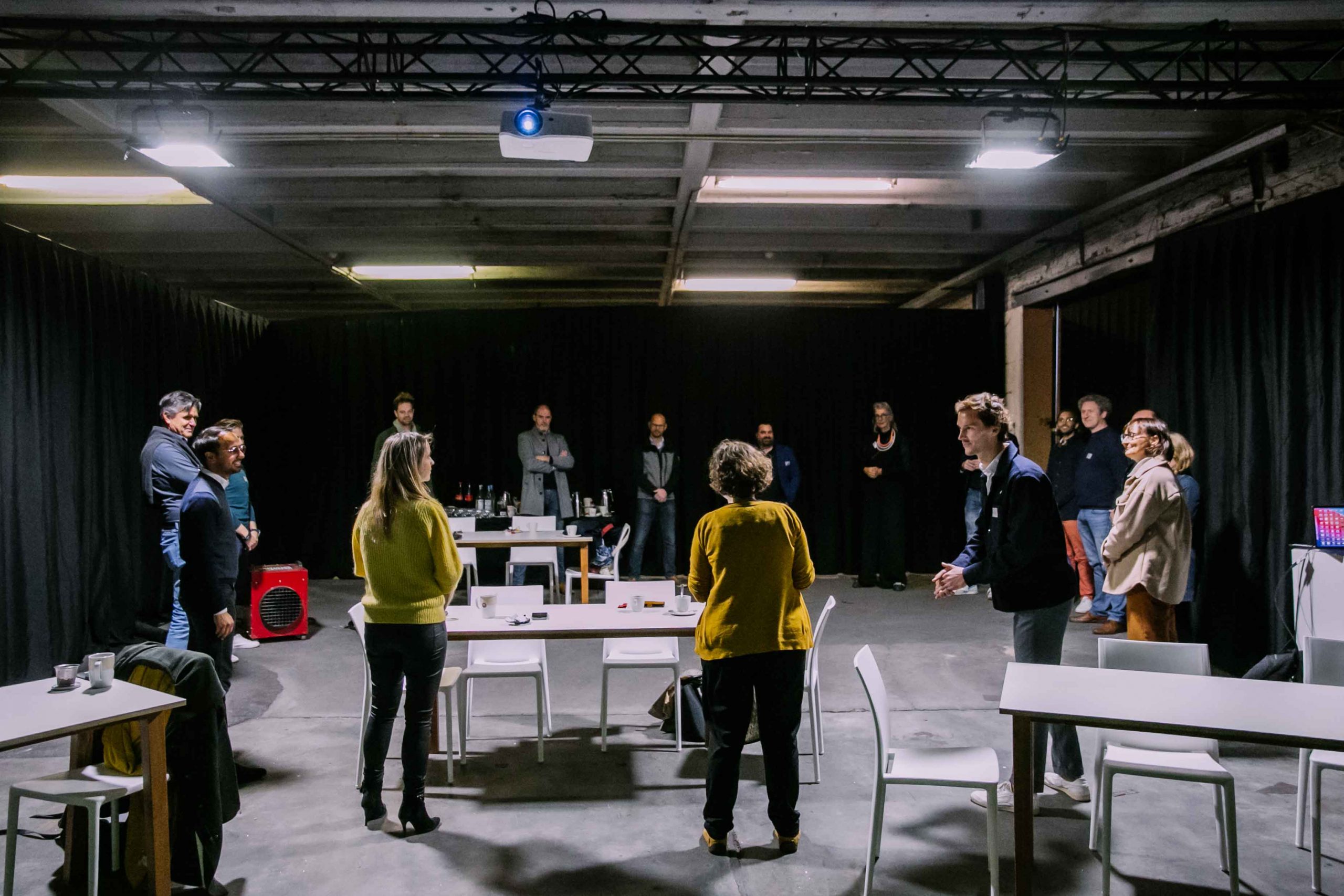IGOD – ImaGineering Of Data
Utilizing open data in product and service design in Leiedal, Belgium
By bringing together SMEs from the region, municipalities and relevant organizations in a process of cocreation and guided by a qualified design agency, we want to create a unique valuable community. Through eight workshops with qualitative data experts involved, the participating companies will take on a common challenge over a period of two years: to extract added value from the available data. Through a qualitative, guided design process – for which our region is well known – we aim to bring the wildest, most progressive, evocative combinations and ideas into reality.
Challenges
Economic challenges such as continuous growth, competitiveness, improving cost-efficiency for SME’s are high and on top of that challenges due to Covid-19… Companies also face societal challenges in terms of climate mitigation and adaptation, sharing and circular economy, creative use of scarce resources, bottom-up participation,… In parallel, a digital jump needs to be made, in order to stay competitive and not being left behind.
Problem solving process
Many solutions to these challenges can be found in data, through data collection in a data warehouse, data processing and data analysis by running algorithms on the data. By bringing together SMEs from the region, municipalities, research institutions and intermediary organisations in a process of co-creation and design thinking, new and innovative products/services/processes will be developed, supported and carried by a unique and valuable community that will be established step by step and will continue to grow. External experts such as a qualified designer and data specialist, are recruited to guide the process.
Solutions
One of the challenges in the pilot is the wide range of options and opportunities to start to work with own data, community data, data from other companies and organisations involved. The design thinking methodology offers o good structure of guidance through this process.
Because a lot of other companies were not able to participate, the pilot aims at developing a self-explaining methodology making companies aware of the value of their and other data and supporting them in starting to actively work with the data to solve the challenges they face.

Expected results and outcomes
Own company data, enriched with open data or available data from other interested companies aiming for the development of an innovative, socially and economically responsible product, service or process. Participants are inspired how data can be used as a basis to generate new insights that can lead to new business opportunities.
Lessons Learned
The value of data is difficult to describe or predict. During the preparation phase of the project we learned the companies and organisations want to see real examples and expected outcomes of the pilot activities, before they show commitment and get involved. As we wanted the companies and organisations themselves to start thinking about possible outcomes, we avoided to give possible solutions already up front. From this we learned that to get companies involved and enthusiastic about something, some examples as inspiration are needed. It all starts with a good idea. Once you have this, you can easily convince the participants to join you in building a common solution.
